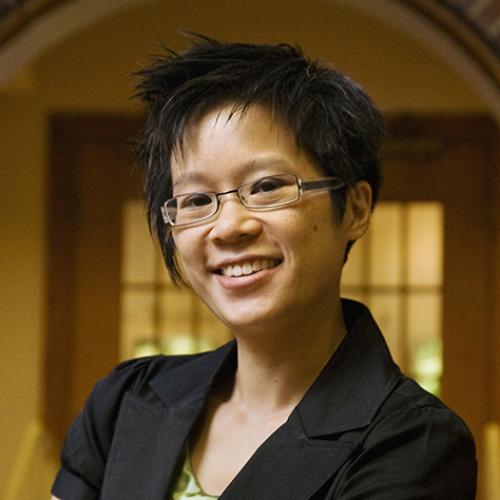The Humanities Without Walls Consortium, funded by The Andrew W. Mellon Foundation, fosters interdisciplinary, collaborative research, teaching, and scholarship in the humanities, sponsoring new areas of inquiry that cannot be created or maintained without cross-institutional cooperation. On December 14, the Consortium announced the results of its latest research challenge initiative, "The Work of the Humanities in a Changing Climate." It awarded one of these grants—a multi-year investment of $138,360—to a team of humanists from the University of Illinois at Urbana-Champaign, Michigan State University, and the University of Nebraska-Lincoln. The award will support their multi-year research project, titled "The Classroom and the Future of the Historical Record."
This project will investigate recent, profound shifts in how the sources of our knowledge about the past are made. Mobile digital technologies have allowed documentation to become an ubiquitous practice that extends far beyond traditional memory institutions such as libraries and scholarly presses. The Internet is not an archive in a professional sense, but it is filled with a vast panoply of artifacts—images, sounds, films, texts, and data—digitized by people around the world, from originals of their own choosing. Many of these sources can be difficult to interpret or cite, however. Digitization often results in radical de-contextualization, with provenance and proof of authenticity being lost along the way. Much of this new historical record is being built on proprietary platforms provided by IT corporations (Facebook, Twitter). Their primary aim is to commercialize private data, rather than to preserve and sustain knowledge of the past as a common good.
Over the course of the three years of the study, students, faculty, and staff from the three participating universities will explore how higher education should respond to this shifting environment for the production of history. They will develop education-based practices for documentary and data literacy work in the 21st century, and partner with students to create better models for producing, preserving, and publishing the past.
At Michigan State University, Sharon Leon and Brandon Locke from the Lab for the Education and Advancement in Digital Research will develop a curriculum to teach students how to produce and analyze historical data. At the University of Nebraska-Lincoln, Patrick Jones, William G. Thomas, and Aaron Johnson will work with K-12 teachers to bring their innovative digitization project "History Harvest" to Nebraska public schools. Scholars at Illinois, including iSchool Associate Professor Bonnie Mak, Kathryn J. Oberdeck, Daniel Gilbert, and John Randolph (Principal Investigator), will build a curriculum that works across the entire life cycle of sources, from their initial identification, to their preservation and publication, to their use within education, research, and public history.
Humanities Without Walls funds will be used to support the work of graduate and undergraduate students on the project. In particular, graduate students will be made lead researchers on the project, as part of a special Graduate Laboratory Practicum. Working as a cohort, they will collaborate across institutions to develop documentary applications, skills, and practices that they can carry over into their post-graduate careers, in a range of fields. Over the course of the project, these funds will also allow the team to convene for workshops where they can discuss the results of their local experiments and prepare for joint presentations of their ideas. The group intends, as well, to share its applications and model curricula through journal publications and open educational resources.
